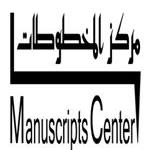
The Manuscripts Center is a part of the Cultural Outreach Sector. It aims to explore the depths of Arab and Islamic manuscript heritage through indexing, verification, and study.
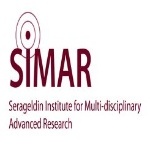
In 2016, the nucleus of the Serageldin Institute for Multidisciplinary Advanced Research, “SIMAR,” was established, and the mission was to conduct quantitative analysis and modeling in different multidisciplinary areas.
The multidisciplinary research at SIMAR aims to provide meaningful diagnoses and policy prescriptions across various sectors, including poverty, education, health, measurement quality, food security, democracy, climate change, population, attitude surveys, household analysis, etc.
The Institute is comprised of experienced researchers skilled in quantitative techniques, including econometrics, statistics, modeling, data mining, and machine learning.
Latest Projects

S.T.E.A.R Internship
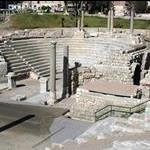
The Alexandria Center for Hellenistic Studies was established as a joint collaboration between the Bibliotheca Alexandrina, the Onassis Foundation, the Vardinoyannis Foundation, and the Alexandria University. Graduates of classics or archaeology departments may apply directly for a master’s degree. Non-specialized students must take a one year diploma, which qualifies candidates to apply for a master’s degree. The Center is open to scholars from around the world who are keen to obtain diplomas, master’s degrees, and PhDs in Hellenistic studies in history; literature; art, archaeology, and architecture; and philosophy and science.
Latest Projects
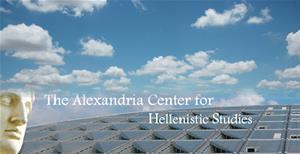
Hellenistic Studies Accredited Courses
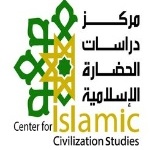
The Center for Islamic Civilization Studies is one of the research centers affiliated to the Bibliotheca Alexandrina (BA) and aspires to achieve the BA goals, including promoting the universality of Islam, its message of tolerance, and the Islamic civilization that has been a cornerstone in human history. The Center’s goals contribute to the dissemination of certain ideals, such as acceptance, fraternity and accepting the other, while rejecting bigotry. The Islamic Civilization, which spread from China in the east to Andalusia in the west, left behind a path of enlightenment and numerous achievements in the fields of science, art, and philosophy that collectively and harmoniously benefitted humanity in many ways. Spaces of freedom were created when translation and openness on different cultures flourished during the Islamic ages and led to diversity and creativity. The Islamic Civilization has had its unique characteristics and momentous achievements throughout history which have remained relevant and significant in our modern day and age.
Latest Projects
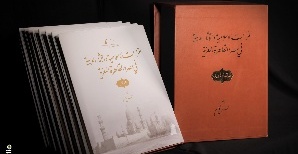
The Islamic Attractions and Arab Antiquities in Egypt and Moez Cairo
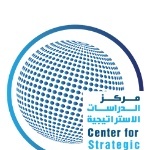
The BA Center for Strategic Studies was founded as a contribution of the BA to highlight the current transformations on the international arena, study their impact on the Arab societies, and develop policies to link the research circles with decision makers.
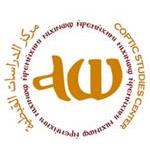
Believing that the Coptic heritage belongs to all Egyptians, the Center for Coptic Studies was established in 2013 under the BA Academic Research Sector. The center focuses on the Coptic heritage and its preservation, emphasizing its role as a key component of Egyptian heritage in general, and a main tributary contributing to the Egyptian identity in particular.
Latest Projects
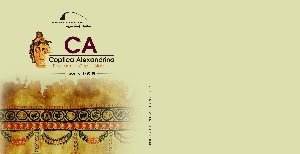
Coptica Alexandrina (CA) Bulletin
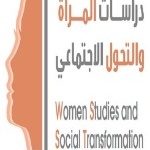
The Women Studies and Social Transformation Program (WSST) was established with an aim to focus on women studies and gender issues through the implementation of programs and activities that identify and advocate for policies that create a more supportive environment for women, promote gender equity and ensure inclusive practices by policy makers, thus becoming an incubator and an active promoter for change and the creation of conditions for constructive social transformation.
Latest Projects

Support to Cultural Diversity and Creativity in Egypt

Kom el-Dikka Development: As part of the Support to Cultural Diversity and Creativity in Egypt Project
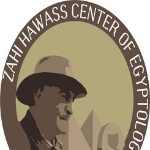
Zahi Hawass Center of Egyptology is a center for research, education and training established in February 2018 by a resolution from Dr. Moustafa Elfeki, Director the Library of Alexandria. The center was named after Zahi Hawass, a high profile Egyptologist. It is located at the Center for Documentation of Cultural and Natural Heritage (CULTNAT) in the Smart Village in Giza.